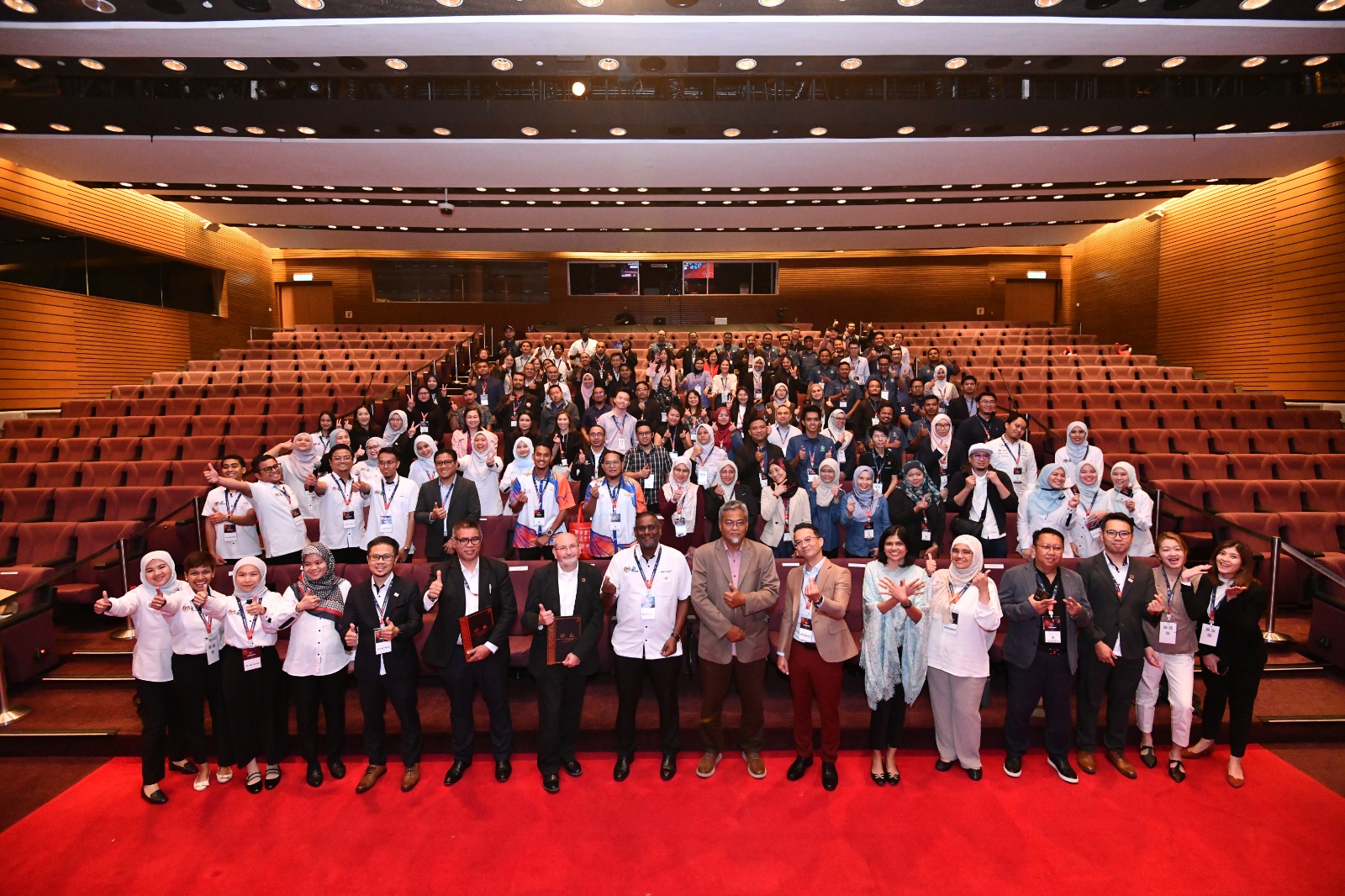Kuala Lumpur, 5 August 2025 — The NIOSH International Standards Seminar (NISS) 2025, held in conjunction with the ASEAN Safety and Health Workers Summit and aligned with Malaysia’s ASEAN chairmanship, convened regulators, standards bodies, industry leaders, and OSH practitioners to focus on one central aim: turning ESG ambition into consistent, evidence-based practice across the workforce
The day opened with a keynote by Dato’ HJ. Ayop bin Salleh, Executive Director of NIOSH, who set the tone for practical, principle-led progress and called for ESG to be embedded “with integrity, impact, and inclusivity” across operations.
This year’s theme—“Advancing ESG Implementation through IWA 48 and Standards-Based Approaches for Sustainable Workforce Resilience.”—built on the momentum of previous seminars and the region’s shared priorities on safe, sustainable, and ethical work. The programme emphasised the adoption and application of internationally recognised standards as practical tools to enable change, integrate management systems, improve organisational resilience, and deliver safer, more sustainable workplaces. It was a timely spotlight on ISO’s IWA 48:2024, the international guidance that sets out principles for credible, scalable ESG implementation.
Across the day, speakers connected strategy with execution. Hussalmizzar Hussain, Senior Director of Standardisation at the Department of Standards Malaysia, outlined the national role of standards and accreditation in supporting safer industries and building trust in market claims. Gideon Richards, Lead Editor of IWA 48:2024, introduced the document as a practical, principles-based entry point for organisations at different stages of their ESG journey, explaining how its guidance can be mapped onto existing systems without reinventing the wheel.
From there, the conversation moved decisively into application. Haslayati Hashim, Malaysia’s National Expert to ISO/TC 283, demonstrated how the ISO 45000 series provides a solid bridge between ESG commitments and day-to-day operational control—linking risk management, worker participation, competence, and performance evaluation to the social and governance pillars in ways boards can govern and auditors can test. Building on that foundation, Mapis Md. Jais underscored a performance-based, data-driven approach, showing how reliable OSH and sustainability metrics sharpen decision-making, surface genuine improvement opportunities, and make organisational reporting more meaningful and actionable. Bringing the people dimension into sharp focus, Hetal Doshi introduced the Well-Being@Work® Index as a practical tool that translates complex psychosocial risk drivers into a clear, evidence-based dashboard, enabling targeted interventions that improve both workforce well-being and business outcomes.
The seminar closed with a Fireside Forum moderated by Aisa Haris Pang, Validation and Verification Manager at NIOSHCert. Framed around people, standards, and systems, the discussion explored how leadership behaviours, recognised frameworks such as IWA 48:2024 and disciplined management practices turn ESG intent into everyday decisions. Speakers emphasised that credible ESG must be inclusive—relevant to SMEs, public institutions, and large enterprises alike and that systems are what make values stick, embedding accountability and enabling continual improvement. The concluding message was clear: with IWA 48 as the organising compass and the ISO 45000 series as the operating system, organisations have a workable path to strengthen culture, resilience, and transparency, without reinventing what already works.



